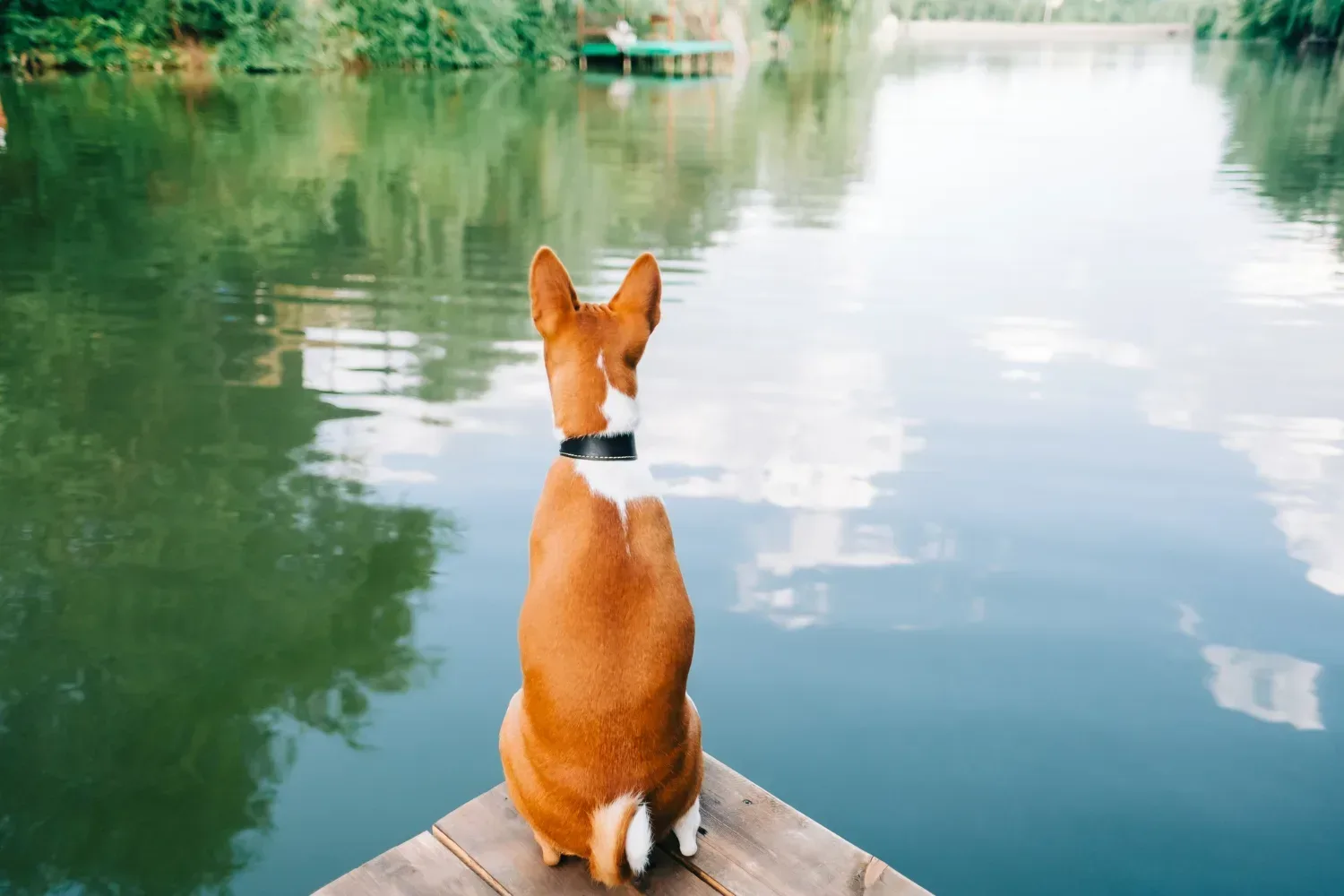
All about basenji cost
Are you wondering how much a Basenji will cost? In this article we’ll cover the price range, health issues, training, and care. If you’re thinking of getting a Basenji for your home, there are some important tips you need to know. We’ll also cover Basenji’s veterinary bills, and any training or health issues you should be aware of. You’ll have plenty of questions once you know what to expect.
Basenji price range
The average Basenji price range is $1,200 to $1,800. This price includes veterinarian fees, grooming and training, as well as dog food and supplies. Use a Basenji price calculator to get a more accurate idea of how much a new puppy will cost. The price of a puppy will be approximately $1110 for its first year and $3,005 for a second year. To find the best Basenji puppy breeder in your area, check out the American Kennel Club’s directory.
Prices vary based on breed and location, but on average, a healthy puppy can cost anywhere from $1,200 to $1,800. Some Basenjis are more expensive than others – the most expensive puppies are $4000 and up. Choosing a Basenji puppy is a huge commitment and can be stressful. Luckily, prices can be significantly lower if you adopt a puppy from a shelter or rescue group. A Basenji puppy’s price range will depend on several factors including temperament and grooming needs.
Health tests are an essential part of dog ownership. Basenji puppies should be health-tested to ensure that they’re genetically healthy. You’ll also want to consider how the parents look and walk. A winning breed will typically command a higher price. A Basenji price range also depends on the dog’s coat color, temperament, and parents. If possible, a puppy’s parents should be health-tested. These factors can affect a Basenji puppy’s price range.
A dog walker, leash, and dog food are all essential expenses for owning a Basenji. Basenjis need regular exercise and are often expensive. Some owners pay for a professional dog trainer. Luckily, the majority of these duties are affordable for a pet-loving couple. If you’re not able to perform them yourself, you can always get help from a dog walker or groomer. However, it’s still best to do some research on the Basenji price range and find a dog that fits within your budget.
Basenji health problems
As with any breed, Basenjis are prone to certain health problems and costs. While most Basenjis are relatively healthy and generally don’t need veterinary treatment, some conditions may require a vet’s attention. Hypothyroidism is one of the most common conditions in the breed, and signs of this disease include hair loss, anemia, enlarged spleen, liver enlargement, and susceptibility to other skin diseases. Blood tests can detect hypothyroidism, and treatment usually involves replacement hormones.
Because of their high energy levels, Basenjis need daily exercise. You should expect to work in at least 40 minutes of vigorous activity each day. If you don’t have a fence, don’t let your dog run off-leash, since it can get injured. Basenjis enjoy a variety of dog sports, including lure coursing, which takes advantage of the hunting instincts of these dogs. Although exercise isn’t required for all Basenji breeds, some breeds may require more vigorous activity, especially those raised with children.
A Basenji’s origins were in Africa. The breed is a natural hunter, using sight and scent. They were valued in Ancient Egypt, where they hunted reed rats and were given as gifts to pharaohs. Basenjis are generally healthy, but should still be seen by a veterinarian for routine health checks. And, as with any breed, Basenjis are prone to health problems. If you plan on getting a Basenji as a pet, keep these problems in mind.
Because Basenjis are high-energy dogs, they can become unruly and destructive around young children. However, if raised with children, they are usually a great companion for older children. Children should start socializing them from puppyhood. Otherwise, if you don’t plan on having children around, you’ll need to introduce your dog to small pets once it is an adult. If you have a child who’s eager to play with your Basenji, it might motivate them to pick up after themselves.
Basenji training
The cost of Basenji training varies wildly, but the basic expenses include: food, vet bills, grooming, microchip, license, dog insurance, and a daily walk for the pet. Over a 14-year lifespan, you can expect to spend anywhere from $67960 to $133245 on your new pup. The higher end of the price spectrum usually refers to premium products or expensive areas. You should estimate the cost of training your puppy carefully and plan accordingly.
Basic obedience lessons are not required, but group training is recommended for house manners, and general behavior. Basenjis are notoriously difficult to train, and they need to be socialized and exercised from an early age. A normal group training class can run up to $350. You can also hire a private trainer for $200 or more for 1.5 hours. Regardless of the method you choose, it’s a good start.
Basenjis can be trained to participate in various canine sports, such as tracking, agility, and lure coursing. These activities will enhance their socialization and bonding with their owners. Basenji training may require some money, but if you’re willing to invest in the time and effort, the costs will be well worth it. A basenji’s health and happiness is a top priority for any dog owner, so a few dollars will go a long way.
Training a Basenji is essential. Basenjis are highly intelligent and stubborn, but they need plenty of exercise. If you’re not sure whether or not your puppy will be a good fit for your family, consider getting a portable cell phone. But whatever you do, remember to have fun! Otherwise, you’ll find yourself chewing up furniture. And don’t forget to reward your pup for his good behavior.
Basenji care
Basenjis need to be brushed and bathed on occasion, but otherwise, they require very little grooming. The breed is very clean and often grooms itself. While they are often referred to as “barkless dogs,” they do produce a distinctive howl, which can be discouraged through proper training. However, they are sometimes aloof, especially around children. Basenjis have a high energy level and may become destructive if not exercised daily.
While Basenjis are generally healthy dogs, there are some common health conditions that they may develop. Basenjis are not immune to certain genetic disorders, and they are susceptible to eye problems and kidney disease. Basenjis should only be bred from dogs that have been properly evaluated. As such, conscientious breeders will ensure the health of their puppies and breeding dogs. Some Basenjis may develop inherited thyroid disease, which is characterized by an underactive thyroid gland. Basenjis may also be affected by autoimmune thyroiditis, a condition caused by a lack of thyroid hormone. If the dog is carriers for either condition, it should be disqualified from breeding. In addition, Basenjis may also be susceptible to progressive retinal atrophy, a condition that affects the eyes. Breeders should be aware of the health risks and costs associated with Basenjis.
While Basenjis are generally sociable and affectionate dogs, they can be bull-headed and have an irrational need to exercise their independence. However, if raised around children, these dogs make great companions for active family members. However, they need to be socialized early to avoid this issue. Basenjis are a highly energetic breed and should be socialized from puppyhood. Make sure to supervise children when they play with the dog.
Basic supplies for a Basenji puppy
Before adopting a Basenji puppy, it’s important to consider all of the basics. The dog needs a quiet place to sleep, so you should purchase a dog bed or build one yourself. If you are unable to buy one, place clean bedding inside. It’s important to wash the bed cover frequently. As for the dog’s needs, it’s essential to provide clean water in summer and shade in winter. As with any breed, you should follow local licensing laws, and make sure to attach a collar and ID tag.
You’ll need basic supplies for grooming your new Basenji puppy. Since the breed’s short coat doesn’t require much grooming, you won’t have to invest in fancy grooming tools. However, you’ll want to invest in basic grooming items such as a slicker brush and puppy pads, as well as a vet-approved shampoo, conditioner, and ear cleaner. Nail clippers are also necessary, and you’ll need potty pads for potty training. Poop bags and strong enzymatic cleaners are also a good idea.
As you can see, Basenjis are highly intelligent dogs, and they can adapt to apartment living quite well. While they’re generally a good first pet, you’ll still need to provide ample exercise and playtime. This breed is sometimes described as a “barkless” dog because of its characteristically short coat. Despite the short coat, the Basenji is muscular, with a compact body and alert demeanor. As a result, it is not recommended for homes with small children. The Basenji breed is also known to be aggressive toward other breeds of dogs, and can cause trouble for children.
As a breed with a large demand, adopting a Basenji puppy isn’t an easy process. The price range can range anywhere from $50 to $300, so make sure to research the breed and how much it will cost. As with any breed, the price will vary, but there are some basic supplies you should consider for your new puppy. A Basenji puppy can be expensive, so it’s important to know what to expect upfront.


